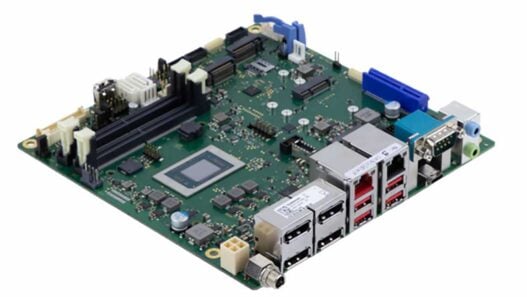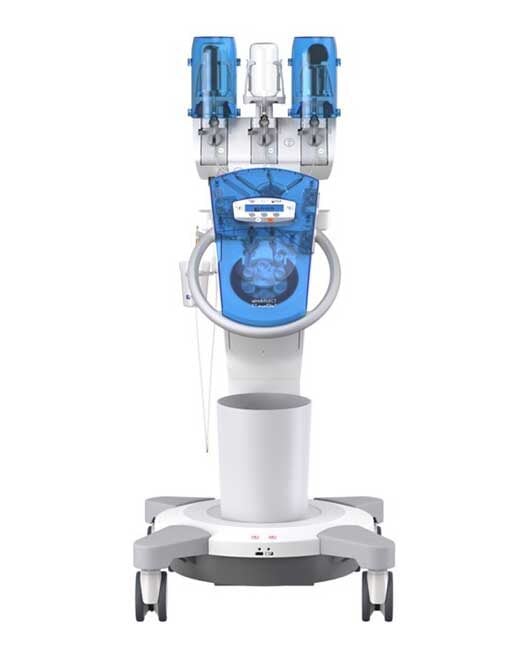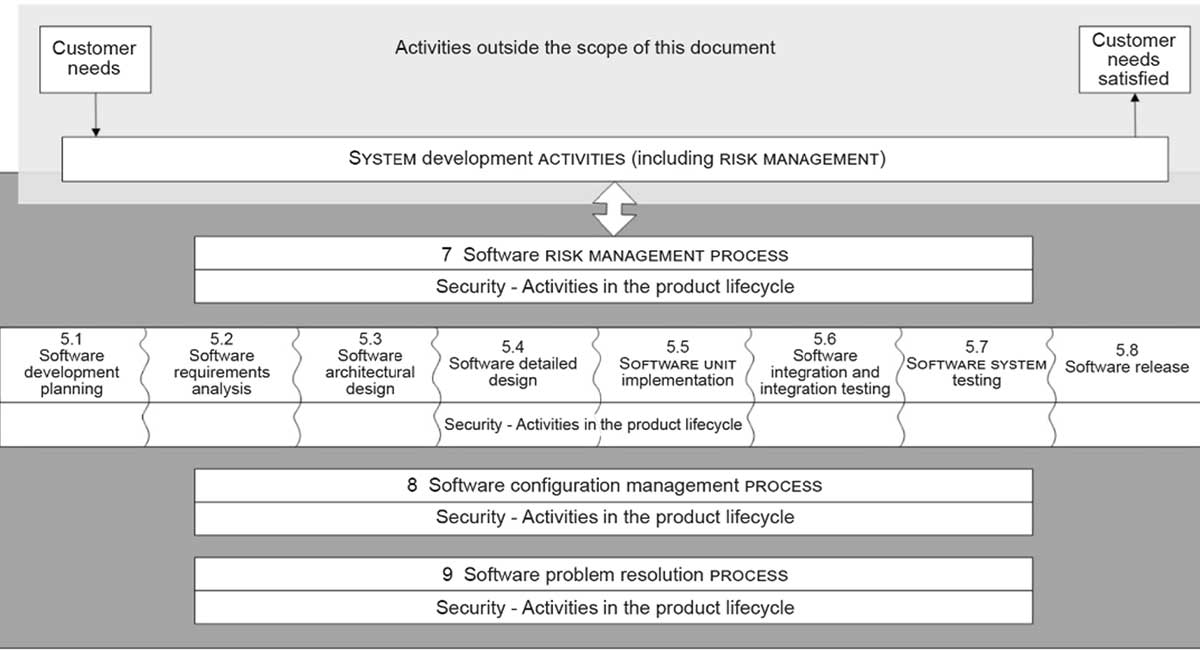The team has introduced the first-ever wireless, implantable temperature sensor designed specifically for the detection of inflammatory flare-ups in patients with Crohn’s disease. This innovative approach enables continuous, real-time monitoring, offering clinicians the ability to intervene early and prevent or minimise the long-lasting damage caused by inflammation.
Crohn’s disease leads to severe digestive problems, weight loss, malnutrition, and other complications, affecting the quality of life for those diagnosed. Current treatments start with oral medications; however, their effectiveness diminishes over time, necessitating surgical intervention for approximately 70% of patients. These surgeries often involve removing damaged sections of the intestine.
Recognising heat as a key indicator of inflammation, the research team set out to determine if a temperature sensor, placed adjacent to the intestines, could provide immediate insights into the disease’s progression and the occurrence of flare-ups. Their experiments on mice models have demonstrated the sensor’s capability to achieve both objectives, heralding a significant leap forward in Crohn’s disease management. The findings were published on 18th March in the journal Nature Biomedical Engineering.
Arun Sharma, co-corresponding author, and a research associate professor at Northwestern University, highlighted the current challenges in detecting inflammatory episodes in a timely manner. Traditional methods such as blood tests, tissue biopsies, and fecal analysis are not only time-consuming but often fail to capture flare-ups until they necessitate invasive surgical interventions. This sensor technology promises to change that, offering a means to measure the severity of flare-ups through temperature changes and enabling immediate therapeutic action.
This temperature monitoring approach is anticipated to benefit not only Crohn’s patients but also those suffering from ulcerative colitis and other conditions characterised by prolonged inflammation. In their study, the researchers demonstrated the sensor’s ability to track temperature fluctuations continuously over nearly four months.
John Rogers, a bioelectronics pioneer, and co-corresponding author compared this development to his previous work on monitoring transplanted organs through temperature and perfusion changes. The relationship between heat and inflammation plays a crucial role in both applications, indicating early signs of complications such as organ rejection.
The device, described by Rogers as an “ultra miniaturised, precision temperature sensor with wireless communication capability,” is designed for long-term deployment within the gastrointestinal system. It does not impede natural physiological processes and can detect early signs of inflammation through changes in the body’s natural temperature rhythms.
The research team’s discovery that the average temperature in the intestines decreases over time, correlating with the deterioration of tissue quality, offers new insights into the progression of inflammatory bowel diseases. With these promising results in animal models, plans are underway to test the sensor’s effectiveness in human tissues, potentially revolutionising the approach to managing inflammatory bowel disease and improving patient outcomes.













